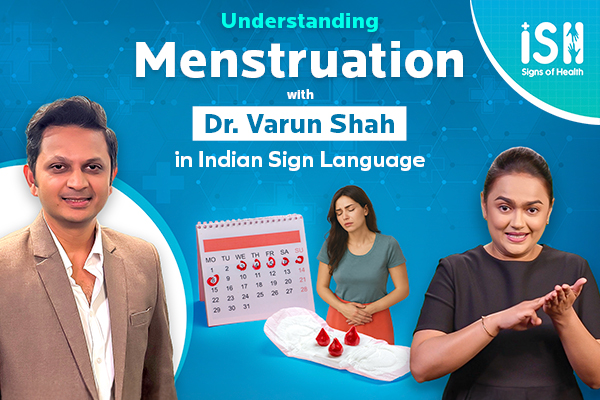The Life Of Netaji Subhas Chandra Bose
On the birth anniversary of Subhas Chandra Bose, learn all about his life by watching our latest video!
Subhas Chandra Bose, was affectionately called as Netaji. He was one of the most prominent leaders of the Indian freedom struggle. Like Mahatma Gandhi and Jawaharlal Nehru, Netaji Subhas Chandra Bose too has contributed a lot in the freedom struggle. Subhas Chandra Bose was born on January 23, 1897 in Cuttack, Orissa. His father Janaki Nath Bose was a famous lawyer and his mother Prabhavati Devi was a pious and religious lady. He was the ninth child among fourteen siblings. Subhas Chandra Bose was a brilliant student right from childhood. He graduated in Philosophy from the Scottish Churches College in Calcutta. He was strongly influenced by Swami Vivekananda's teachings. He went to England in 1919 to compete for Indian Civil Services. However, Subhas Chandra Bose was deeply disturbed by the Jallianwalla Bagh massacre, and left his Civil Services apprenticeship midway to return to India in 1921.
After returning to India Netaji Subhash Chandra Bose came under the influence of Mahatma Gandhi and joined the Indian National Congress. Soon he showed his leadership mettle and became a strong Congress leader. Subhas Chandra Bose was jailed during the Civil Disobedience Movement 1930. He was released in 1931. The civil disobedience movement was when people started protesting against the British government because of their harsh policies and rules. It commenced with the famous dandi march by Mahatma Gandhi. This led to many other such satyagraha. Subhash Chandra Bose actively participated in this. So he was arrested.
In 1938 he was elected president of the Indian National Congress. He brought a resolution to give the British six months to hand India over to the Indians, failing which there would be a revolt. However, he felt bound to resign because of the lack of Gandhi’s support. He founded the Forward Bloc.
Subhas Chandra Bose now started a mass movement against utilizing Indian resources and men for the great war. With the slogan “Tum mujhe khoon do, mein tumhe azaadi dunga,” Give me blood and I will give you freedom), he started preparing to awaken the country. There was a tremendous response to his call and he was put under house arrest in Calcutta.
In January, 1941, though closely watched by the British, he escaped from his Calcutta residence when he was under house arrest, in disguise, pretending to be deaf and, traveling via Kabul, Afghanistan and Moscow, Russia eventually reached Germany in April. He sought cooperation of Nazi Germany and Japan against the British Empire. In July 1943, he arrived in Singapore from Germany. In Singapore, he organised the Azad Hind Fauj comprising mainly of Indian prisoners of war. The Indian PoWs were the Indian soldiers who were in the British army and were fighting against Japan. Japan agreed with Netaji to fight against the British so these soldiers joined the INA. Netaji gave them the slogan “Chalo Dilli” (Lets march to Delhi). He was hailed as Netaji by the Army as well as by the Indian civilian population in East Asia. Azad Hind Fauj along with the Japanese army proceeded towards India to liberate it from British rule. Azad Hind Fauj crossed the Burma Border, and stood on Indian soil on March 18 ,1944. However, the defeat of Japan and Germany in the Second World War forced INA to retreat and it could not achieve its objective. Subhas Chandra Bose was reportedly killed in an air crash in Taiwan on August 18, 1945. While some say, he died in the hospital after the crash. Though it is widely believed that he was still alive after the air crash not much information could be found about him.







